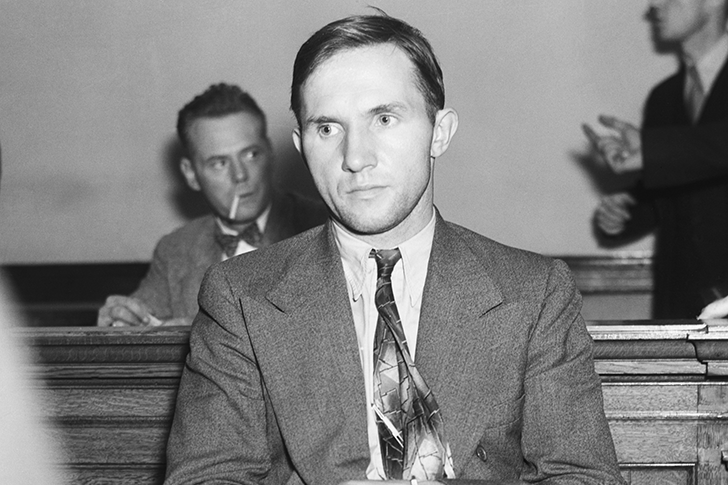I used to work for Ludo, as we all knew him on BBC2’s Did You See?, and was once thought to be his illegitimate son. In 1963, on a visit to Phnom Penh, he danced with my mother in a nightclub under the stars, but I was already six years old and, according to her, nothing happened, except that he made her laugh. ‘That’s always dangerous.’
A pioneer of the interviewing art, without whom there would have been no Jeremy Paxman, Ludo once told me: ‘There are two types of people who work for the BBC. Those who use it, and those who are used by it. Make sure you’re the former.’ Ludo made sure, even to the extent of bringing his dry cleaning to the office.
In the judgment of his fellow Liberal, Mark Bonham Carter, Sir Ludovic Kennedy (as he became) was someone who made the absolute utmost of his talents. An Old Etonian and Oxonian who took elocution lessons so that he would sound classless, he embodied a generation of educated presenters like Robin Day and Robert Kee who had experience of the world and were unafraid to pose any question to anybody. Courteous, intelligent, frank and funny, Ludo held his television career in proper perspective, frequently maintaining that ‘TV had little or no impact’ and only on rare occasions could do a subject justice. He was prouder by far of his writing career. He was a terrific journalist and book reviewer, and if his one regret, which he reiterated at our last meeting shortly before his death in 2009, was that he never wrote the great novel of his ambition, then it consoled him that neither did anyone else.
What Richard Ingrams calls Ludo’s ‘storyteller’s instinct’ instead found an outlet in a series of remarkable non-nichfiction narratives about innocent men who had been wrongly convicted, incarcerated, and in some instances executed, for crimes they had not committed.








Comments
Join the debate for just £1 a month
Be part of the conversation with other Spectator readers by getting your first three months for £3.
UNLOCK ACCESS Just £1 a monthAlready a subscriber? Log in